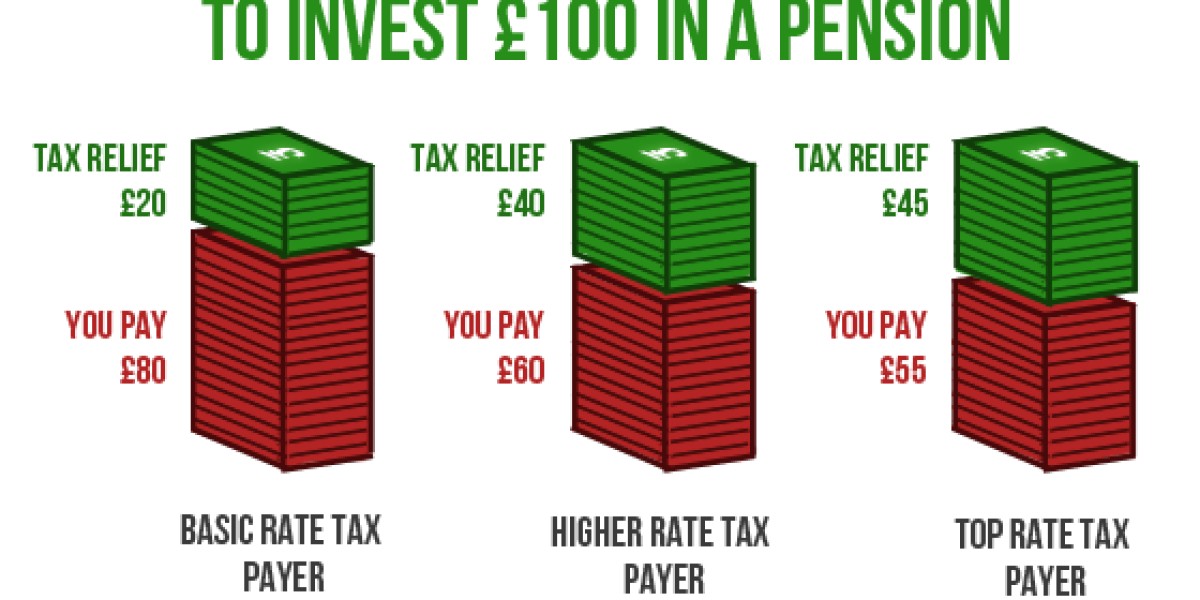Private pension tax relief can be a valuable tool for individuals planning for their retirement. This form of tax relief offers significant advantages that can help individuals boost their retirement savings while also reducing their tax burden. Understanding how private pension tax relief works and how to maximize its benefits is essential for anyone looking to secure their financial future.
1. Tax Efficiency:
One of the primary benefits of private pension tax relief is its tax efficiency. Contributions made to a private pension are typically tax-free, meaning individuals can invest pre-tax income into their pension fund. This allows individuals to benefit from tax relief at their marginal rate, effectively reducing their taxable income. For higher-rate taxpayers, this can result in substantial tax savings.
2. Compound Growth:
By taking advantage of private pension tax relief, individuals can harness the power of compound growth to build a larger retirement fund over time. Since contributions are invested and grow tax-free within the pension fund, any returns generated on those investments are also tax-free. This compounding effect can significantly enhance the growth of retirement savings, especially over long periods.
3. Higher Contribution Limits:
Private pensions often have higher contribution limits compared to other tax-efficient savings vehicles, such as ISAs (Individual Savings Accounts). This means individuals can potentially contribute more to their pension fund and benefit from greater tax relief, allowing them to accelerate their retirement savings.
4. Flexibility in Contributions:
Private pension schemes typically offer flexibility in contribution levels, allowing individuals to adjust their contributions based on their financial circumstances. This flexibility enables individuals to maximize their use of tax relief during years of higher income while scaling back contributions during leaner years.
5. Income in Retirement:
When individuals reach retirement age, they can access their private pension funds to provide a regular income. While pension income is subject to income tax, retirees may benefit from being in a lower tax bracket during retirement, potentially resulting in tax savings compared to their working years.
6. Estate Planning Benefits:
Private pensions can offer estate planning benefits, as they are usually outside of an individual's estate for inheritance tax purposes. This means that pension funds can be passed on to beneficiaries tax-efficiently, providing a valuable legacy for loved ones.
7. Employer Contributions:
Many employers offer pension schemes as part of their employee benefits package. Employer contributions to a private pension are typically tax-deductible for the employer and are not considered part of the employee's taxable income, providing an additional avenue for tax relief.
Conclusion
In conclusion, private pension tax relief offers a range of benefits that can help individuals secure their financial future in retirement. By taking advantage of tax-efficient pension contributions, individuals can maximize their retirement savings, benefit from compound growth, and enjoy greater flexibility in managing their finances. It's essential to consult with a financial advisor to explore the most suitable pension options based on individual circumstances and retirement goals.









